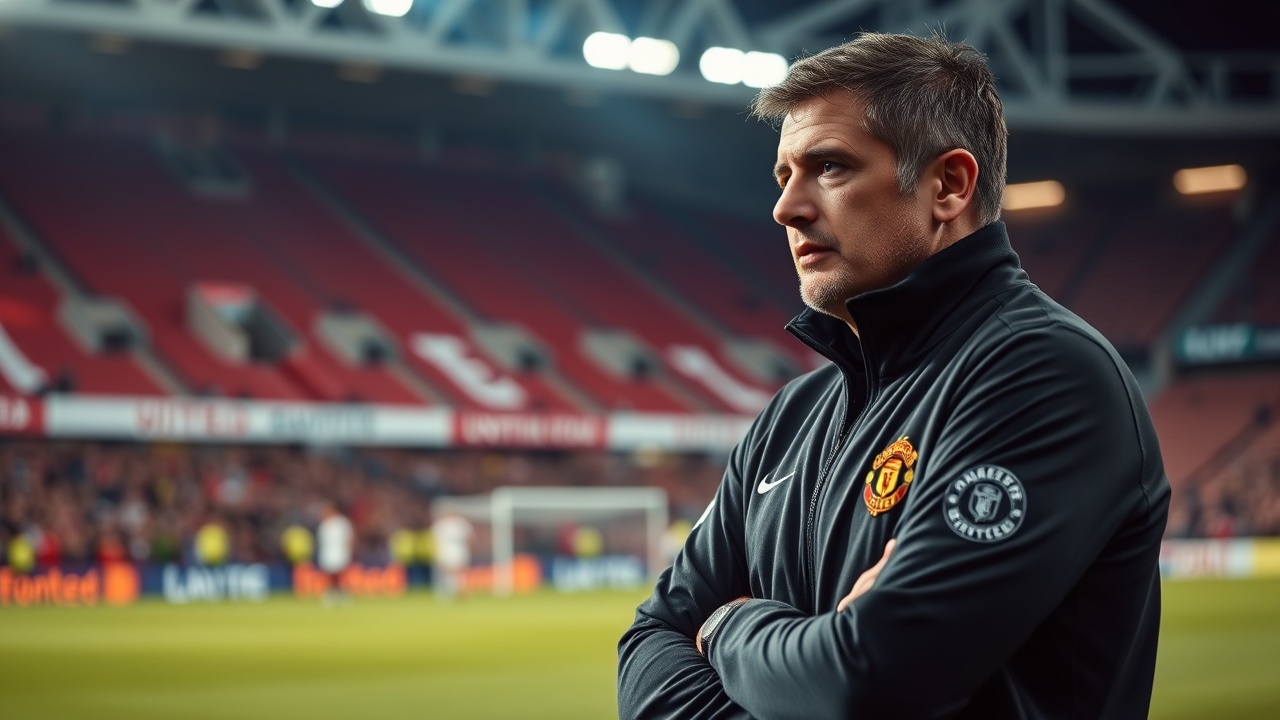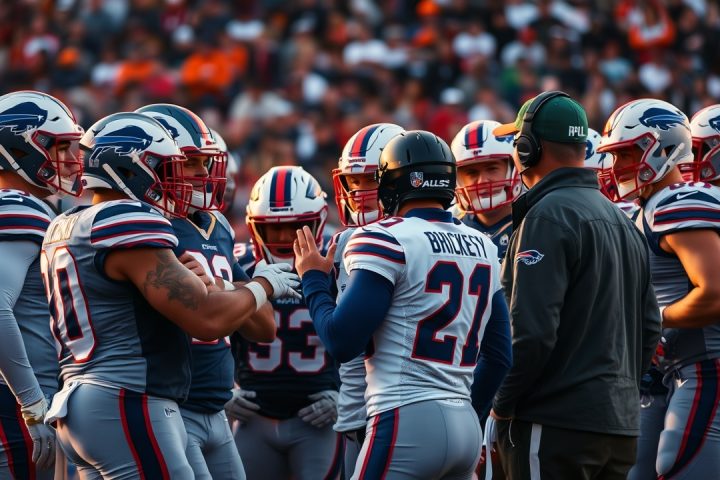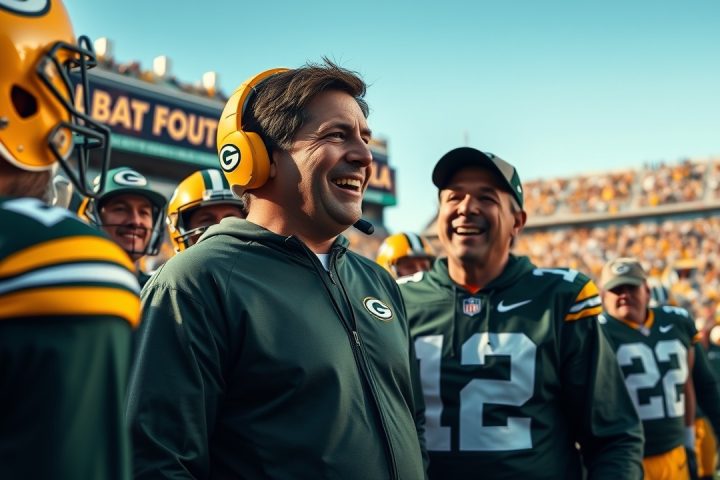Ruben Amorim’s Struggles at Manchester United
Ruben Amorim’s position as head coach of Manchester United has come under intense scrutiny following a dismal run of results that raises questions about his future at the club. Following an embarrassing 3-0 drubbing at the hands of Manchester City on Sunday, Amorim’s tenure, which began ten months ago when he took over from Erik ten Hag, stands at just eight victories in 31 Premier League matches. This record places United at the bottom of a comparative table among the 17 clubs that have been in the league during his time, collecting only 31 points.
Upcoming Challenges and Accountability
As the 40-year-old prepares his team for an upcoming clash against Chelsea at Old Trafford this Saturday, discussions abound regarding the extent of Amorim’s responsibility for the team’s struggles and whether he is truly at risk of losing his position. Mark Ogden and Rob Dawson, two in-the-know commentators, engaged in an in-depth debate analyzing the shortcomings and potential accountability of both Amorim and the club’s leadership amidst this unfortunate spiral.
Ogden contended that while Amorim’s tactical decisions warrant scrutiny, he is also hamstrung by limited options due to over-reliance on certain players and neglecting others who could contribute positively.
For instance, Tom Heaton, who displayed the reliability expected of a goalkeeper in preseason, has remained on the bench despite the subpar performances of his teammates, particularly Altay Bayindir and former player André Onana, whose errors have cost valuable points.
Midfield and Team Dynamics
Furthermore, the midfield situation has not been favorable, as young player Kobbie Mainoo has not received sufficient playing time while more established players such as Casemiro seem unable to perform at a desired level. The debate continued as Dawson noted that Amorim has attempted to reshape the team’s culture, parting ways with players like Marcus Rashford and Alejandro Garnacho to foster a more cohesive environment.
Despite Amorim’s efforts to unify the squad, his track record does not inspire confidence. His approach appears to have turned him into a focal point for criticism, especially as he strives to maintain morale within a team facing pressure from negative results. While Ogden emphasizes Amorim’s tactical limitations and reliance on the same formations, Dawson argued that Amorim is trapped in a challenging situation, needing to achieve results while also managing a transitioning team.
Recruitment and Future Prospects
Moreover, the recruitment process has been a contentious issue, with discussions about the significantly high expenditure on new signings since Amorim’s arrival. They note that while United’s outlay nears £250 million for incoming players, Amorim cannot be solely held responsible for their selections, as recruitment is a collaborative effort at the club.
The failure to secure a central midfielder and an experienced goalkeeper—positions critical for Amorim’s preferred tactical setup—has exacerbated the issues on the pitch. The squad now appears uneven, filled with attacking options yet lacking in vital midfield depth, which complicates the team’s dynamics.
Conclusion: A Critical Period Ahead
As Manchester United prepares to make decisions about its future, the discussions surrounding Amorim’s tenure echo previous managerial challenges the club has faced. Despite the financial support for player acquisition, many insiders agree that without a tangible improvement in results, Amorim could be at risk of being replaced, especially given the club’s troubling history of lingering on managerial decisions far too long.
With a critical period ahead, the current state of Manchester United under Amorim raises key questions regarding the future of the club and the direction it will take. The pressure mounts as results need to confirm whether Amorim can turn the tide before the management opts for a change.




